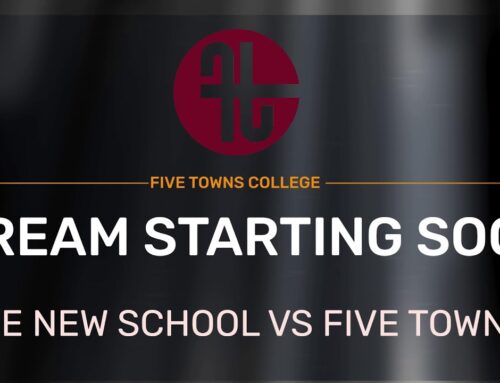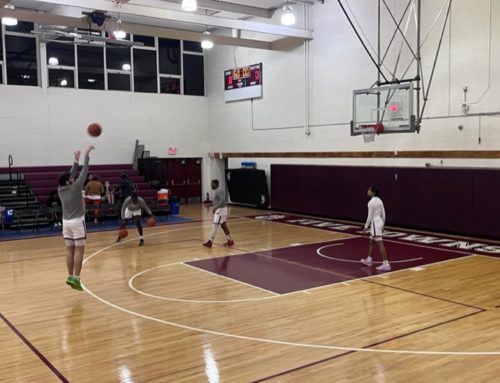
THE LATEST | CAMPUS EVENTS | NEWS | COMMENTARY | BEST OF WFTU
Should universities be providing its students with free smartphones, or are free computers the better way to go?
By Amanda Gordon

A frequent debate in this country focuses on the need and right of a college education. Along with those discussions, companies and schools are trying to figure out ways to keep their new and returning students rates high. Multiple companies, such as Sprint, are looking into providing students with free smartphones, but is that the right financial and practical way to enhance college education?
Smartphones may help connect us, but having constant access may hinder us. Having a smartphone nowadays is the social norm, but studies have shown that smartphones in the classroom are the last things students today need. Paul Barnwell, a middle school teacher, wrote an article for TheAtlantic.com saying, “I have guidelines for cellphone and smartphone use, but it’s a constant struggle to keep kids engaged in lessons and off their phones. Even when I know I’ve created a well-structured and well-paced lesson plan, it seems as if no topic, debate, or activity will ever trump the allure of the phone.” Barnwell also states in his article that getting students engaged and keeping their engagement in the classroom has dropped since the constant desire to interact on their smartphone has risen.
Most students are continually fighting the inner battle of going onto their phones and risk missing out on the lecture. Pete Musto wrote an article for VOA Learning English in which he states, “Some people argue that the increasing use of technology can have many helpful effects on society. But recent research suggests that using technology during class time may harm college students’ ability to remember and process the subject material they are learning.” We’ve all given into the phone checking temptation and realized that the one minute we may have spent on our phone took us away from what the professor was teaching.
If students were provided laptops instead of smartphones, not only would the number of students turning in work would increase, but also the quality of work would increase. Many professors post their lectures and notes online where their students can access them. By allowing their students to use school-provided computers, they could follow along with the professor, pay attention to what’s going on, and highlight things that need focus.
Laptops in the classroom could also help certain students who may not be able to afford computers but could use the technology to better grasp the information taught to them. You are given hundreds of assignments a semester such as presentations, homework, and essays. It’s a bit difficult to write a ten-page term paper on a smartphone.
Also, Wi-Fi is available almost everywhere. You could sit in a local Starbucks and complete your school work and access the free Wi-Fi or anywhere free Wi-Fi is available. With cell phones, you have data usage which drives up your monthly bill once you’re out of it. When you’re not connected to the internet, your computer lets you know so you can connect. Since smartphones have 3G or Data, they don’t need to let you know that you aren’t connected to Wi-Fi, causing you to use up all your 3G or Data costing you the user more money at the end of the day.
Even though some phones have big screens, those screens don’t compare to the size of a computer screen. While being a college student, I’ve seen multiple students trying to do their homework from their phone; starring at that tiny screen, eyes straining to read and write on their tiny devices. The small screen hurts your eyes the longer you stare at it and can cause damage to the person’s eyes. An article posted on Yoursitematters.com only supports that statement stating, “Staring at those tiny screens can bring on an array of eye issues such as blurred vision, headaches, sore eyes, headaches, muscle strain, and dry eye.”
Though deemed “essential” in today’s society, if students didn’t have access to their phones all the time, they would be able to enjoy life more. Sara O’Donnell of the University of Buffalo conducted a study to see what students would choose when deprived of both their smartphones and food:
“In the study, 76 college students were deprived of food for three hours and deprived of their smartphones for two hours while they studied. They were then allowed to use a computerized game, which was similar to a slot machine, to earn time to use their smartphones or 100-calorie portions of snack food. The students could spend as much time as they wanted to earn points towards smartphone use or food. Once they decided they were finished, the students were given the appropriate amount of food and phone time. The participants then completed another hour of studying without their phone or food. The researchers found that the students tended to be more motivated to work towards gaining smartphone time than food.”
While smartphones may be in everyone’s hands today, they don’t need to be in everyone’s classrooms. Smartphones offer more temptation for students to lose focus and fall behind on what’s going on. By providing computers instead of smartphones, students will be more connected and more equipped to work better. With more and more studies coming out against smartphones in the classroom, laptops are the next innovative way to go to help university students in and out of the classroom.



